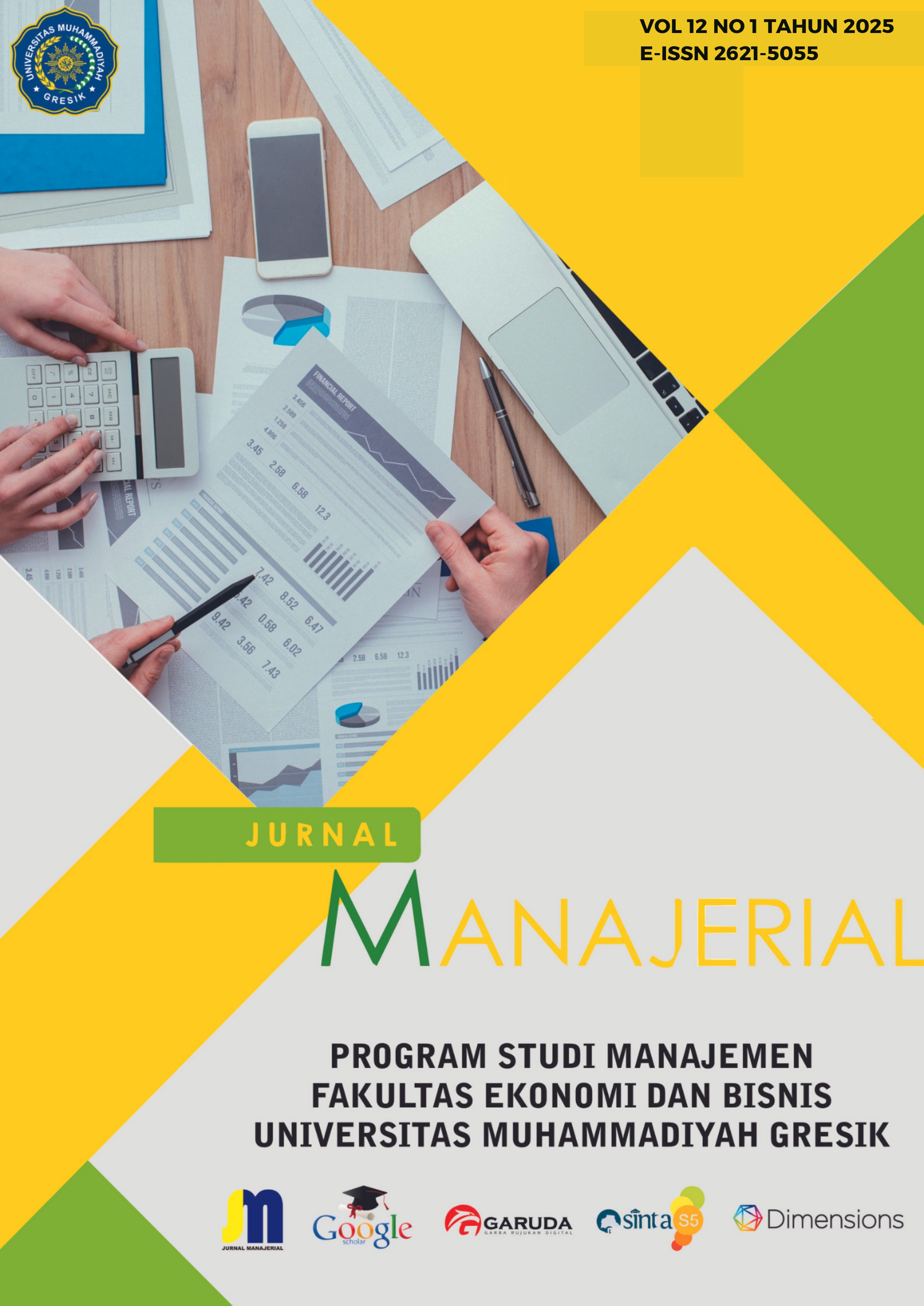Digital Transformation For Sustainable Village Tourism
Abstract
Background - The importance of transforming village tourism towards sustainable digital or smart tourism villages, in the Indonesian context there are still few studies on the topic of digital tourism villages that try to explore approaches to developing tourism villages with their impact and sustainability based on the internet of thought. So that this sustainability is able to make tourist villages good in terms of tourist attraction as well as positive economic, environmental and social impacts for village communities, so that its management can be effective and efficient. The development of digital tourism villages is a development model that provides maximum opportunities for villages and especially tourism to be managed on a knowledge basis.
Aim - The aim of this research is to develop sustainable digital-based village tourism.
Design /Methodology /Approach - This study employs a qualitative research methodology in which informants are interviewed in-depth to gather data.
Findings - The research results show that digital-based village tourism development can increase the competitiveness and welfare of villages without sacrificing the environment. Digitalization makes promotions, online reservations and tourism management easier with data-based technology and artificial intelligence. Smart tourism supports sustainability through waste management, renewable energy and environmentally friendly transportation. Economic opportunities grow with digital literacy for people to develop MSMEs and sell products online. Challenges such as infrastructure and internet access must be overcome through collaboration.
Research Implications - Further research can provide further insight into how digital technology can be utilized optimally to create tourist villages that are more innovative, sustainable and highly competitive.
Research Limitations - This research only explores data from tourism managers, tourism village assistants and information systems academics so it does not involve other stakeholders such as government, visitors and media, as well as the private sector as pillars of the pentahelix.
Downloads

This work is licensed under a Creative Commons Attribution 4.0 International License.






























 P-ISSN: 2354-8592 __ E-ISSN: 2621-5055
P-ISSN: 2354-8592 __ E-ISSN: 2621-5055 

